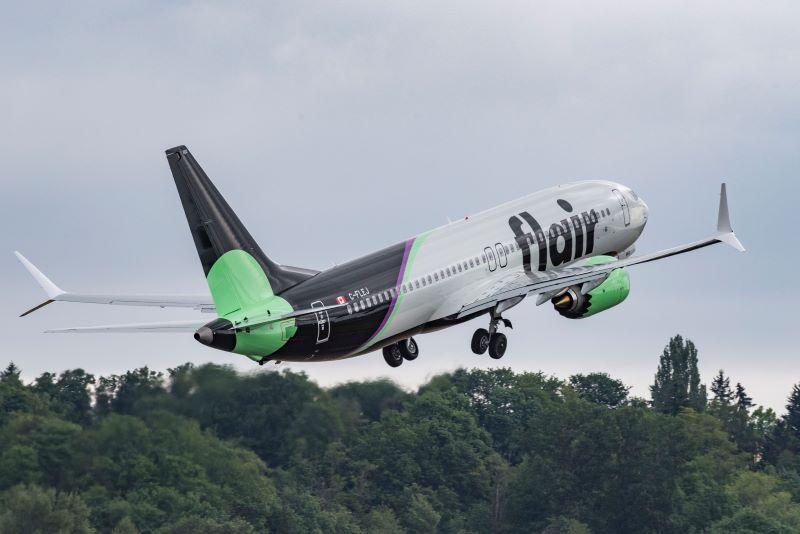
Credit: Flair Airlines
Canadian ULCC Flair has named a former Delta Air Lines executive as its CFO, the latest senior management change at the airline. Sumanth Rao assumed the position Aug. 18 after spending 16 years at Delta in senior financial roles, most recently as CFO of Delta Vacations. Rao’s appointment occurs...
Subscription Required
Flair Names New CFO As Management Shifts Continue is published in Aviation Daily, an Aviation Week Intelligence Network (AWIN) Market Briefing and is included with your AWIN membership.
Already a member of AWIN or subscribe to Aviation Daily through your company? Login with your existing email and password
Not a member? Learn how to access the market intelligence and data you need to stay abreast of what's happening in the air transport community.





